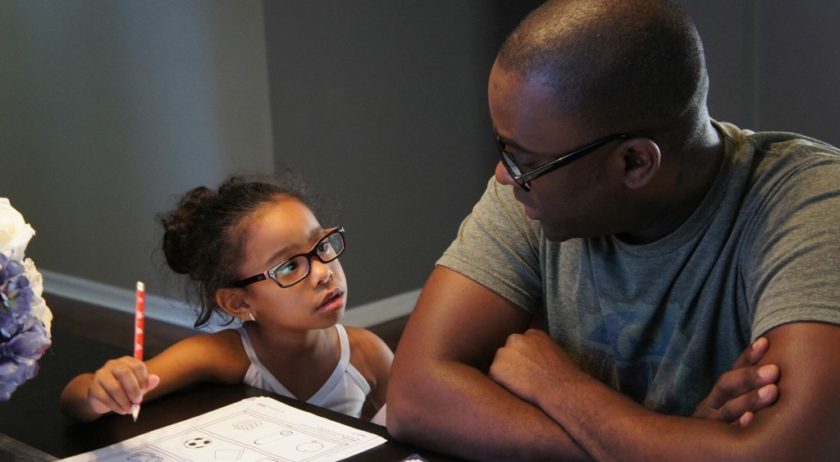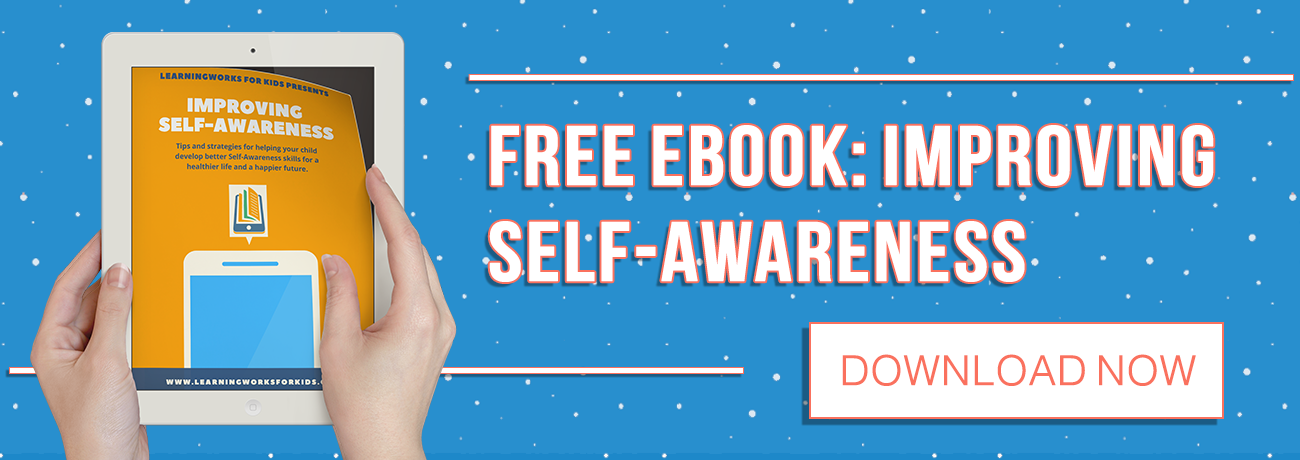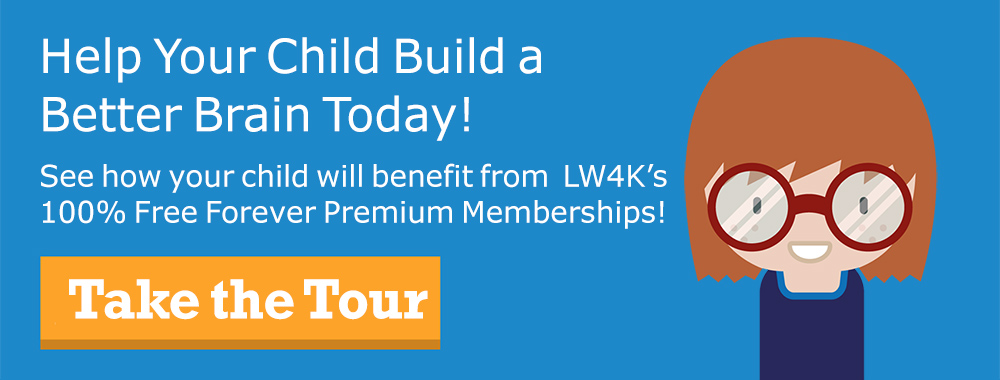Ethan’s parents have always noticed that he has a very hard time paying attention to things that do not interest him. Even as a young child, Ethan would constantly jump from one activity to another. He only managed to maintain his attention when playing with Legos, running around outside, and working on art projects. As Ethan got older, his parents also noticed that he loved to pay attention to games on his iPad. Unfortunately, his focus and willingness to sustain his attention never seemed to apply when doing his homework. While he works very hard in school, he seems to use up all of his energy to maintain his focus and attention in the classroom and by the time he gets home, doing additional schoolwork overwhelms him.
After a grueling day at school, it’s understandable that most kids are unenthused about doing homework. This is particularly true for children with ADHD, who often need to devote so many of their cognitive resources to paying attention or inhibiting impulsive behaviors that they are simply exhausted by the end of the school day. The last thing in the world most kids with ADHD want to do is come home and do homework.
Sadly, however, homework is a reality for all kids, even those kids with ADHD who likely just want to come home and play. For many, transitioning from play to homework is very difficult. As a parent, there are a number of different strategies to use to help your ADHD child get through their homework. For example, many parents of ADHD children choose to have them complete their homework as soon as they get home from school. This is often the best time for kids with ADHD who take medication as they still have an hour or so before it wears off. This may also be effective for younger children who have only 5 to 10 minutes of homework or for kids whose parents have time and energy right after school to work together.
However, for many kids with ADHD, taking a break from schoolwork is a preferred—if not necessary—approach. Unfortunately, the first thing that many kids with ADHD do after school is play a video game or watch television. Screen-based activities are very difficult to transition from for almost all kids and especially for kids with ADHD. As a result, transitioning from break time to homework is often fraught with tension and conflict.
So, what can parents of kids with ADHD do to get homework completed? The best approach is to hold off on homework for a little and help their child choose an after-school play that is active, physical, creative, or social. If you wish to allow your child some screen time at this point, the child should have very clear and strictly-imposed time limits that parents can monitor and enforce. For example, if your tween or teen needs contact with her peers, a specified amount of time for social media can be provided. For younger kids, a healthy snack paired with a chance to play with the family pet or (if absolutely necessary) a short casual video game that can be stopped at any point could be helpful.
However, as stated above, the best type of after-school break for kids with ADHD is the chance to go outside and exercise. For example, playing sports, running around with the family dog, going for a walk, swimming in the pool, playing catch, and more can give these children the physical outlet that they need before beginning homework.
Vigorous physical activity increases the production of brain proteins that support concentration. Even in the winter months in northern climates, kids with ADHD benefit from going outside and running around. Going sledding, building a snowman, going for a winter walk, and more can keep your child active even in the colder months. If they don’t have that opportunity, finding an alternative physical activity that can be done indoors before doing homework would still benefit the child. One great screen-based activity could be a game such as Just Dance 2021. This will allow the child to play on a screen while also getting up and keeping active.
There are a few other factors to consider when helping your child with ADHD complete her homework. Here are the three most important issues:
- Consider whether your child does best with getting the hardest work out of the way first or if they do better starting with easier assignments.
- For kids who take medication that wears off by homework time, it may be worth a consultation with your physician to consider a short-acting dose of medication to help with homework.
- Recognize whether a child can do the homework on her own or if they need help with the executive functioning skills—organization, planning, and time management—that are required to complete homework assignments. If they need help with these executive functioning skills, extra supervision and support may be needed from the parent.






